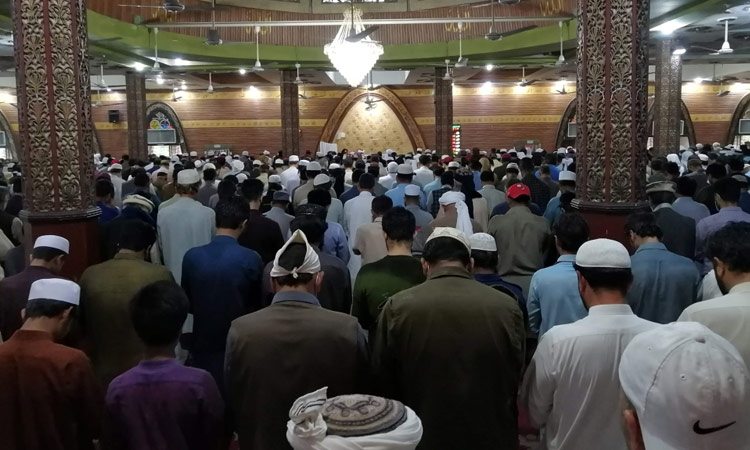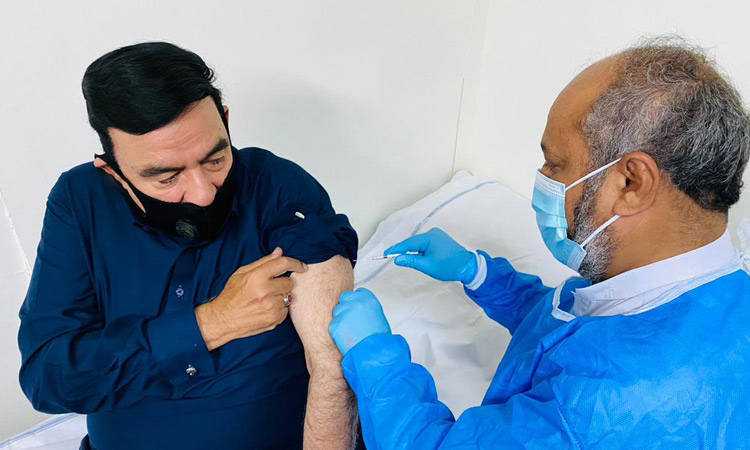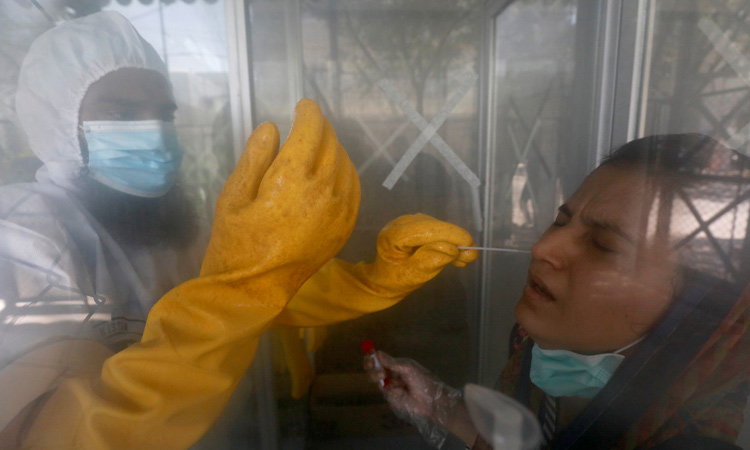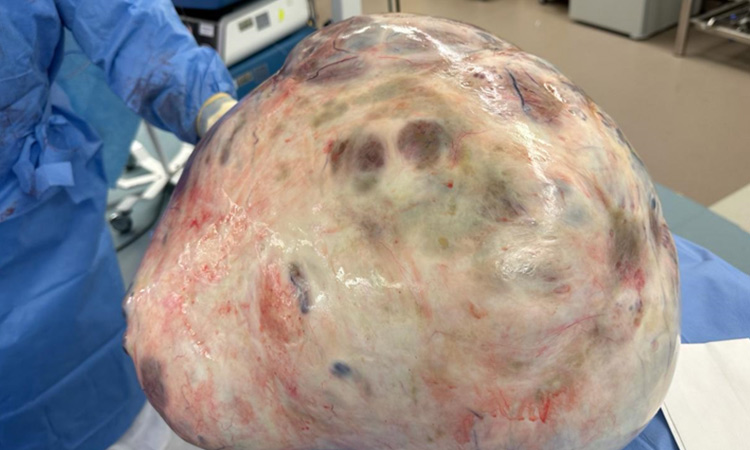Despite third COVID-19 wave in Pakistan, mosques to open for Taraweeh prayers

Photo used for illustrative purpose.
Tariq Butt, Correspondent
The Pakistan’s National Command and Operation Centre (NCOC) has issued Ramadan guidelines to control the spread of person-to-person transmission of COVID-19.
The Ministry of Religious Affairs and Interfaith Harmony has said that mosques will remain open across Pakistan for congregational Taraweeh prayers during the Holy Month of Ramadan.
The ministry, in a statement issued on Sunday, said that the decision to keep mosques open was taken during a NCOC meeting after consultations with the federal minister for religious affairs and provinces.
Meanwhile, the single dose CanSino COVID-19 vaccine administration would commence throughout Pakistan from Monday (April 5) onwards.
The NCOC said the guidelines were issued as per a unanimous declaration from the president in consultation with the religious leaders for Taraweeh prayers arrangements in mosques and other worship places.
The administrations of mosques are being given permission conditional upon observation of the precautionary measures. If during Ramadan, the government feels that the precautionary measures are not being observed or the number of victims has risen to a dangerous level, then the government will revise its policy.
The government also has the right to change the orders and policy regarding severely-affected areas.
As per guidelines, carpets or rugs will not be used in mosques and prayers will be offered on the bare floor while clean mats can be used if the floor is earthen.
If people wish to bring their own prayer mats from home, they can do so. Before and after the prayers, people should avoid gathering while in mosques where there is a courtyard, prayers will be offered not inside but in the courtyard.
Those above 50 years of age, adolescents and those suffering from flu, cough, etc should not come to mosques.
Taraweeh prayers will be arranged within the boundaries of mosques and praying on roads and footpaths will be avoided and an attached map should be useful in this connection.
The floors of mosques should be cleaned with chlorinated water. The same solution should be used to wipe the mats before prayers.
The rows of the praying individuals should be aligned so that there is a distance of six feet between individuals and there is an attached map that can assist in achieving this.
The NCOC said that mosques should constitute committees consisting of responsible individuals who will ensure adherence to precautionary measures.
It will be easy for the devotees if the administrators of mosques place marks for the devotees on the floors according to correct distances to facilitate in the placement of the devotees, it added.
People should come to mosques after doing ablution and washing hands with soap for 20 seconds. It is obligatory for the faithful to use a face mask before coming to mosques and avoid shaking hands or hugging each other.
The NCOC said that in the current situation, it was better that Aetikaf was performed at home and Sehr and Iftar should not be arranged at mosque.
The administrations of mosques, Imams and Khateebs should communicate and collaborate with the district and provincial authorities and the police.







